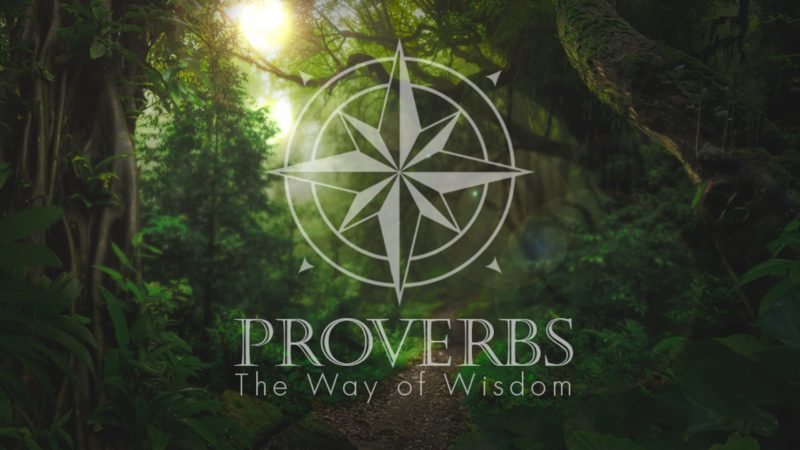
What do ants, badgers, locusts, and lizards have in common? What lessons of wisdom are there for us to learn from them? That’s the question I want to ask and answer in this blog post from the book of Proverbs as we look at this scripture:
Four are among the tiniest on earth, yet they are the wisest of the wise.
The ants are a people with no power, yet they prepare food for themselves in the summer.
The badgers are a people without strength, yet they make a home in the rock.
The locust has no king, yet he marches forth in formation.
The lizard can be grasped in the hands, yet it is found in the palace of the king.
(Proverbs 30:25-28)
The observation of the Sage here draws our attention to the superlative nature of wisdom found in the animal kingdom, where he has found “the wisest of the wise.”
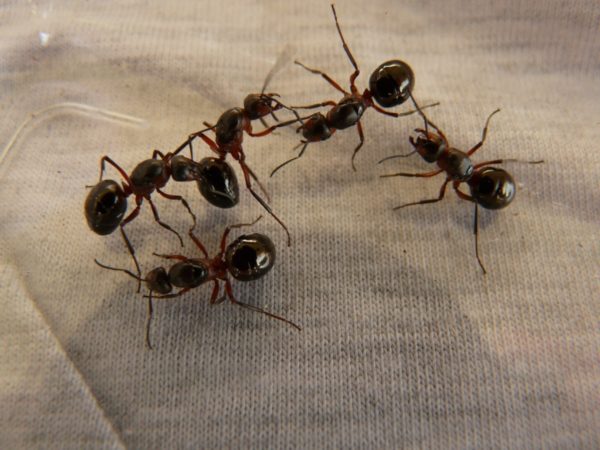
The first group of animals are the ants (this is what the Hebrew lexicon suggests as most probable). What is striking about them is they “prepare, or make ready” food and drink. This action of the ants displays wisdom in that they show “skill” in preparing for what their needs will be in the future instead of squandering what they harvest immediately on wanton pleasures (as for example the sluggard does in Prov. 24:30-34). The wise person similarly delays gratification.
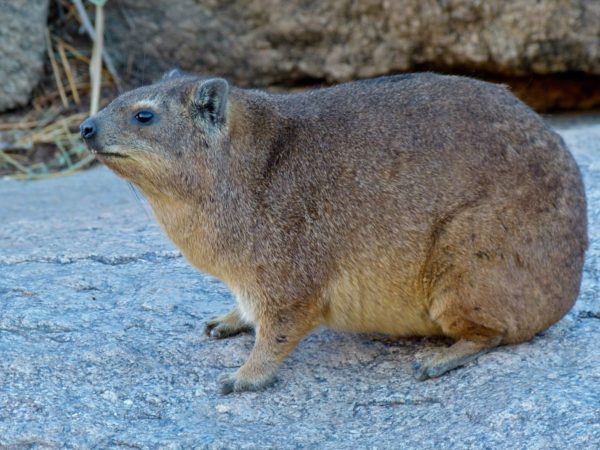
The second animal is the rock badger, a species without strength or power, yet they “make a home” (Lit. “to set up, install, place, or lay”) in the rock or cliffs. This also exhibits “wisdom/skill” in that they are using the limited materials accessible to them but they are still able to make due quite well. This is something humanity needs to emulate.
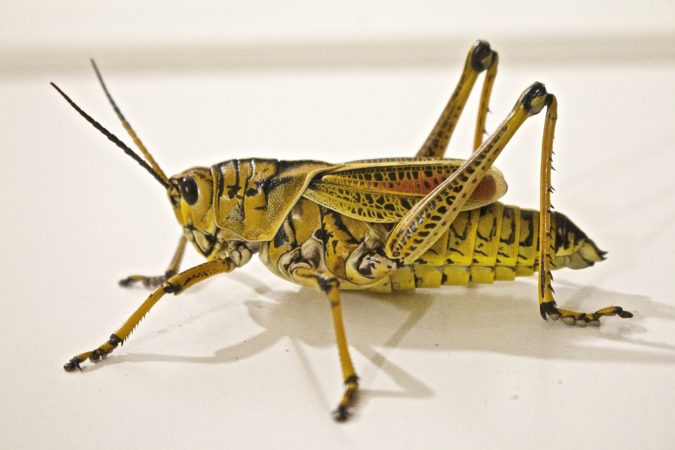
The third observation has to do with the locust. The Hebrew lexicon, HALOT, suggests this refers to migratory locusts which “go forth (as in to battle)” in the military sense in formation. Literally it reads they are “divided into groups.” This behavior also displays wisdom in that the locust is not in need of a king to organize themselves and delegate, rather they are skillful in that they are doing it without even being asked or commanded to do so. We can learn a lesson about cooperation and self-motivation from these bugs!
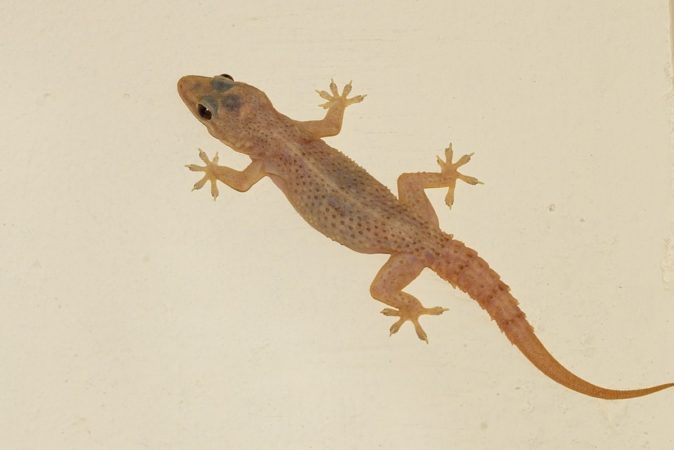
The final lesson is drawn from the lizard, again, the Hebrew lexicon (HALOT) suggests this is “a type of lizard, or wall gecko.” The lizard displays wisdom in that it is able to navigate its way into important places despite its ability to be seen and caught easily. This animal displays both elusiveness and boldness. We need to learn to be shrewd and adaptive.
What do we learn here? As God’s people, we can learn the value of wisdom found on display in these four animals. This wisdom is in spite of their weaknesses in both size and strength, yet they still have success in skill. Their forethought and organization displays wise ingenuity to find security, sustenance, order and cooperation to accomplish goals. Let the one who has ears, hear.
God’s creation has so many lessons of wisdom to be learned by humankind, albeit in strange places.




